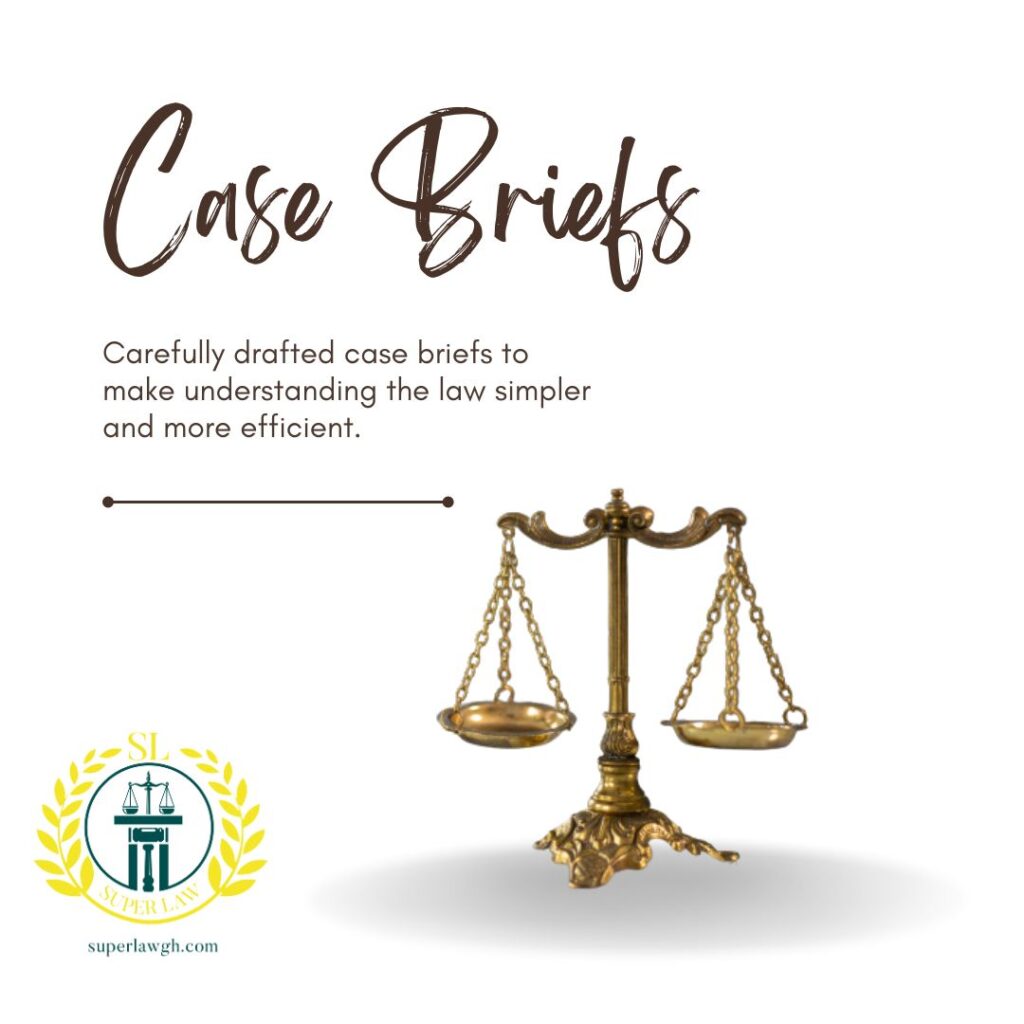Supreme Court dismisses certiorari application against KATH
The Supreme Court of Ghana on Tuesday October 15, 2024, dismissed a certiorari application brought by one Kwame Adofo, the immediate past lawyer of the Komfo Anokye Teaching Hospital (KATH) in Kumasi. The Court also ordered him to pay a cost of GHc20,000.00 for wasting the court’s time with such a frivolous application. While still […]
Supreme Court dismisses certiorari application against KATH Read More »


